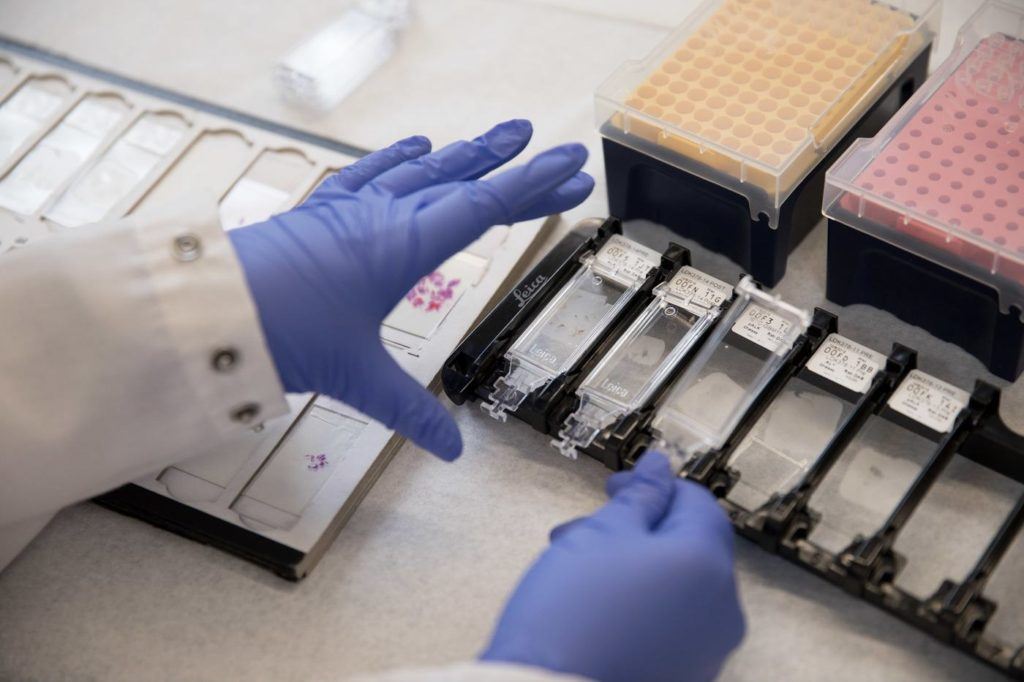Conventional Clinical Trials

What is a Clinical Trial?
A clinical trial test new drugs, equipment, and treatments the US Food and Drug Administration (FDA) has not yet approved, along with new surgical techniques. Clinical trials may also test a new drug with standard treatment that is already FDA approved. Patients choose to participate in clinical trials for a variety of reasons:
- To try a new and promising treatment method
- To contribute to the development of future treatments
- To help find a cure for a specific disease or illness
LEARN ABOUT THE THREE PHASES OF CONVENTIONAL CLINICAL TRIALS:
Phase 1
“We have a new drug and need to test what dosage is safe for humans.”
- 20-80 participants
- 1-2 years
- Studies Safety
Phase 2
“We know the drug is safe, now we need to determine how well the drug works.”
- 100-300 participants
- 2-3 years
- Studies Efficacy
Phase 3
“The drug shows promise, now we need to learn if the new treatment is better than the current standard of care.”
- 1,000-3,000 participants
- 3-6 years
- FDA Approval
Conventional Clinical Trials Require Time You Simply Don’t Have
For most brain tumor patients, enrolling in conventional clinical trials involves a leap of faith. After being prescribed a new treatment, you may struggle through significant side effects and the agonizing wait for results several months later.
Under ideal circumstances, the experimental therapies stops disease progression and, in these cases, the time and effort invested by you and your family were worthwhile. Unfortunately, a more common result is that the new therapy is ineffective, costing you precious time and energy as you, once again, face another set of imperfect treatment options. Phase 0 clinical trials are a way to avoid all of this.
Challenging the status quo with innovative Phase 0 clinical trials
The Ivy Brain Tumor Center’s clinical trials are precision medicine studies, which means that each patient’s tumor is first defined by its distinct signature of genetic abnormalities and a treatment plan is then selected to attack that specific code.
More importantly, all of our studies integrate a Phase 0 clinical trial design, which enables us to test dozens of new therapies quickly in brain tumor patients – not just in the laboratory – and get you the new regimen that fits your exact circumstances.


